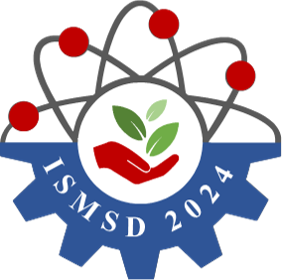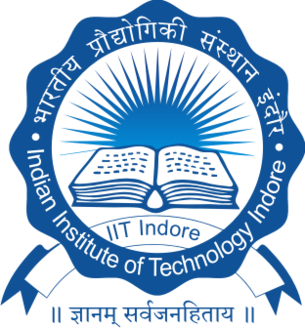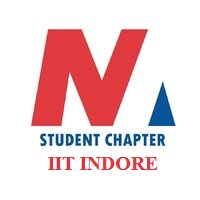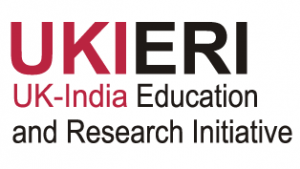Proceedings of the Symposium
Ressearchers, Academicians and Industry persons from all fields of sciece and engineering are invited to present their findings a the Symposium. All forms are findings including original researches to industrial data sets are accepted for presentation.
Participants need to submit an Abstract regarding the work they wish to present. All accepted Abstracts will be eligible for being presented at the Symposium.
- Abstrat for all the presentations will be published as a Book of Abstracts. This can be used for citing your research work.
- The best presented works will be sent to relevant journals for possible publications. Details regarding the same will be communicated at a later stage.
- Best student presentation in each theme will also recieve the certificate for Best Oral Presentation.
- All presented work will recieve a certificate of Oral Presentation at the Symposium.
Submit Abstract
Abstract should be submitted in the given template.
The abstract should contain the title of your work, name and affiliation of all contributing author(s), email id of corresponding author, a 300-word abstract, at max five keywords, and not more than one figure.
Abstracts should be submitted online on the given link.
The Abstracts should be submitted in either word or pdf format. Authors will also need to select a suitable conference track for their Abstract. In case you are not sure which conference track best describes your work, feel free to contact us.
Accepted Abstracts will be given an Acceptance Number and shared with the corresponding Author through email. Upon acceptance, authors will need to register to present their work at the Symposium. The acceptance number must be submitted during the registration process.
Upon acceptance and completion of registration, registered Authors will be invited to present their work for Oral presentation. Authors will also receive a participation certificate for attending the symposium and presenting their work.
Symposium Themes
The Symposium has four broad themes encompassing a wide range of topics related to materials and sustainability. Abstracts are invited on any of the topics related to the symposium themes.
1. New and alternative materials
Metals & alloys, Concrete, Ceramic, Polymers, Composite, High entropy materials, Sustainable alternatives, Waste upcycling, Nano-materials, Treated or processed materials, etc.
2. Advanced or functional materials
Shape memory alloys, Energy storage materials, Bio-inspired materials, Metamaterials, Bacterial concrete, Functionally graded composites, etc.
3. Industrial applications
Improved processing/ manufacturing, 3D printing, Solidification and Casting, Product design, etc.
4. Computational methods
Computational engineering of materials, Property predication models, Sustainability assessment tools, Service life estimation, Risk assessment, etc.
If you believe your research is relevant to the sypmosium but is not covered in the broad themes of the Symposium. Please drop an email regarding the same.




